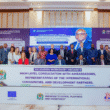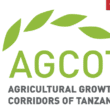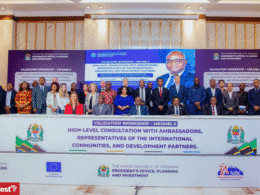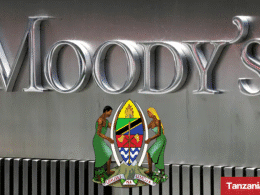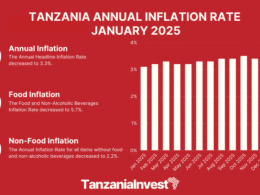In spite of the current global economic crisis, strategists and economic leaders have developed a plan to help stimulate the Tanzania economy using the opportunities that are already available within the country.
During the recent parliamentary meeting in which the country’s minister for Finance and Economic Affairs, Mustafa Mkulo, presented the budget estimates for the current financial year in the amount of TZS 9.5 trillion.
According to Mr. Mkulo, following this plan, the country could lead to increased domestic revenue and an increased income to local farmers as well as the potential for improved foreign exchange reserves.
“Besides these effects, the task force [initiated to study the effects of global economic recession on Tanzania] identified opportunities from which our country could benefit,” said the minister.
Mr. Mkulo went on to say that a current and critical issue to be addressed is the current operational constraints that are felt by the Port of Dar es Salaam.
According to the minister, addressing this issue would help to increase the overall volume of transit cargo to the neighboring landlocked countries that were handled by the port.
In addition, Mr. Mkulo also said that the Government was currently planning to develop and employ methods to revitalize the Tanzania agriculture sector as its best line of defense against the economic crisis.
In order to best understand how to develop the country’s agriculture sector, the government has embraced the findings of a study that was conducted on this subject by the Agriculture Working Group (AWG) of the Tanzania National Business Council (TNBC), entitled ‘Kilimo Kwanza’ or Agriculture First
“The motto of the 2009/2010 budget is ‘Agriculture First’,” said Mr. Mkulo, “Measures will be taken to ensure that agriculture is allocated more resources, including agro-inputs and farm implements.”
Because Tanzania contains approximately 60 percent of East Africa’s arable land, it could benefit greatly from increased food exports, which will require a significant amount of investment.
In order to help accomplish this goal, Mr. Mkulo has said that TZS 20 billion has been injected into the agricultural loan window of Tanzania Investment Bank (TIB) and the government is now seeking financial and technical assistance from China so as to complete the development of the Tanzania Agricultural Development Bank.
In addition to these opportunities, Mr. Mkulo announced opportunities within the tourist industry, specifically through the promotion and development of domestic tourism and through the reduction of the fees that are typically required in order for a tourist to visit a tourist site.
“In the same vein,” said Mr. Mkulo, “our ports will establish special docks with required facilities for handling cruise liners in order to encourage such vessels carrying tourists to make stopovers in our country.”
At the same time, the Government has also said that it plans to directly reimburse the estimated loss of TZS 21.9 billion that was felt by cooperatives and companies which had bought crops from farmers and were then unable to sell them abroad due to the crisis.
Finally, Mr. Mkulo announced that the country’s energy sector will also receive assistance in the form of a loan that will be given to Artumas in order for it to continue with the current power generation project in both the Mtwara and the Lindi regions.


